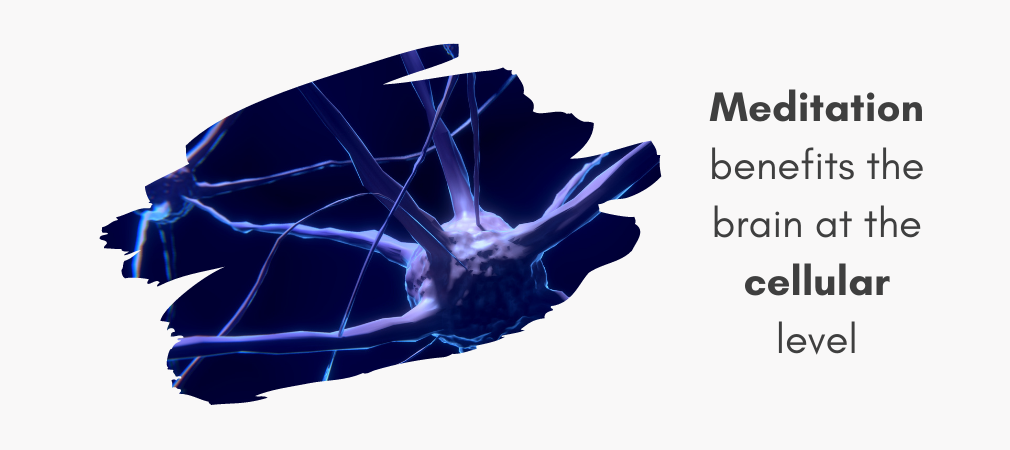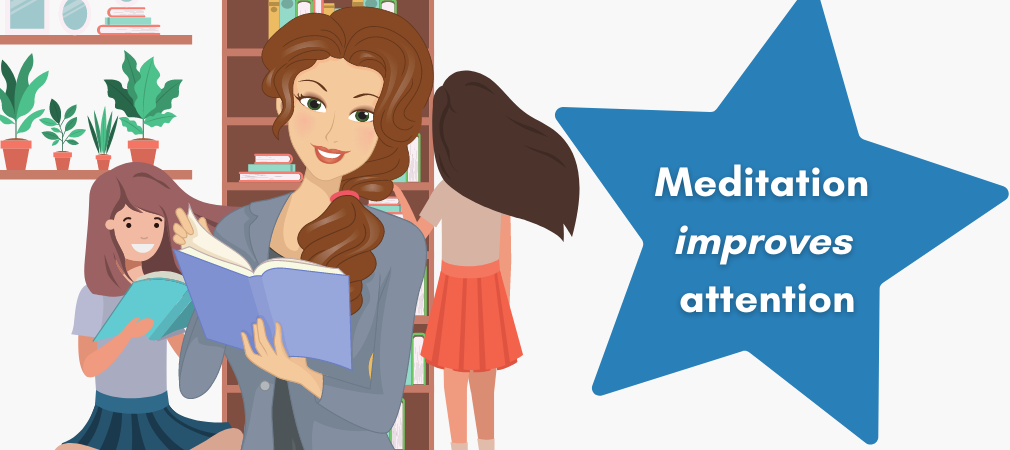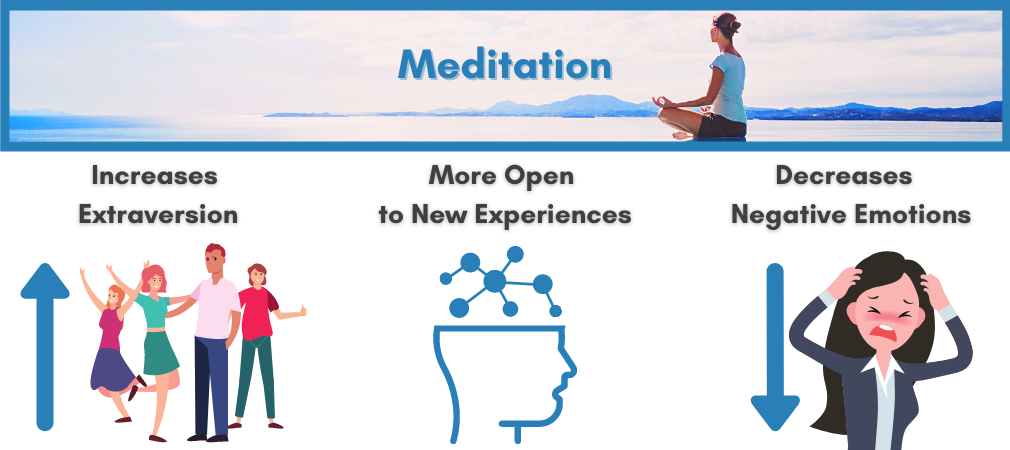3 Interesting Benefits of Meditation
The benefits of meditation are far-reaching for both physical and psychological well-being.
Let’s take a quick look at a few more benefits below. If you're on the fence about meditation, these studies might convince you to give it a try!
1. Meditation Can Fight Disease
Practising mindfulness meditation has been found to help fight disease at the cellular level.
Carlson et al. (2014) studied brain cancer survivors who participated in 8 weekly mindfulness meditation classes that lasted 90 minutes each.
Results showed that study participants practicing mindfulness had longer telomeres, which is a part of the chromosome important for physical health.

Research is just beginning to understand the role of telomeres (protein complexes at the end of both ends of a chromosome) in brain functioning, but they appear to play an essential role in cell ageing and disease (i.e., short telomeres have been linked to Alzheimer’s disease).
Clearly, mindfulness meditation shows promise as a pleasant way to improve physical well-being.
2. Meditation Can Debias the Mind
For starters, if you are wondering what “debias” means, it involves having a preference for or against something.
Hafenbrack et al. (2013) looked at the impact of meditation on overcoming bias.
The bias they picked is the ‘sunk cost’ bias.
The sunk cost bias is the tendency to persist with a goal when a large investment has been made, even though logic dictates that the plan should be abandoned.
For example, let's assume you register for a 4-year University course and decide that you really dislike your major after the first year.
Instead of abandoning this major or attempting to transfer to a new course, the sunk cost bias would dictate that you need to complete the 4-year course because you already paid for the first year.
To help overcome this bias, study participants were given a 15-minute introduction to mindfulness meditation and then presented with a business scenario that would present the sunk cost bias.
Results showed that 80% of the mindfulness meditation group people were able to resist the sunk cost bias.

Quite an impressive result for just 15 minutes of mindfulness meditation!
Given that meditation helps people to remain calm and stay in the present moment, meditation can be a valuable tool to help challenge and overcome any biases in thinking you might have.
3. Improves Attention
Whether you have significant challenges with attention or not, everyone can benefit from improved focus.
Improved attention not only helps you to stay more focused, but it can also help you to execute better as well.
Tang et al. (2007) found that having study participants engage in 20 minutes of meditation for 5 consecutive days was enough to create improvements in attention.

Once again, a relatively small time investment that can provide benefit within as little as 5 days.
So, if you feel you could benefit from improved attention and focus, here is one more reason to give meditation a try.
Do you meditate or use mindfulness?
How does it help you?
Please let me know in the comments section below.
Join the conversation on Facebook!




